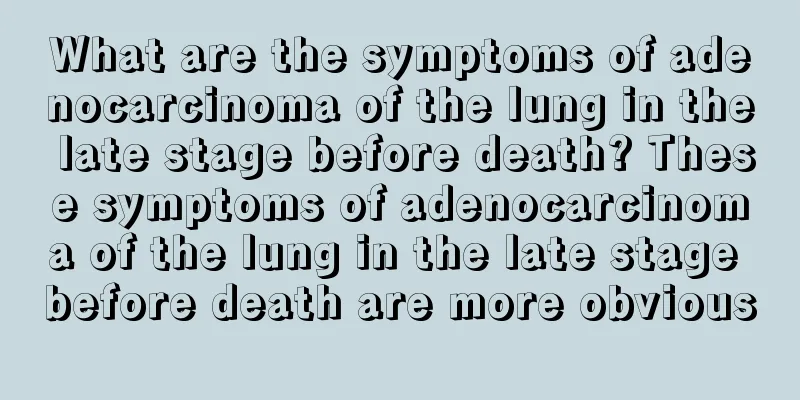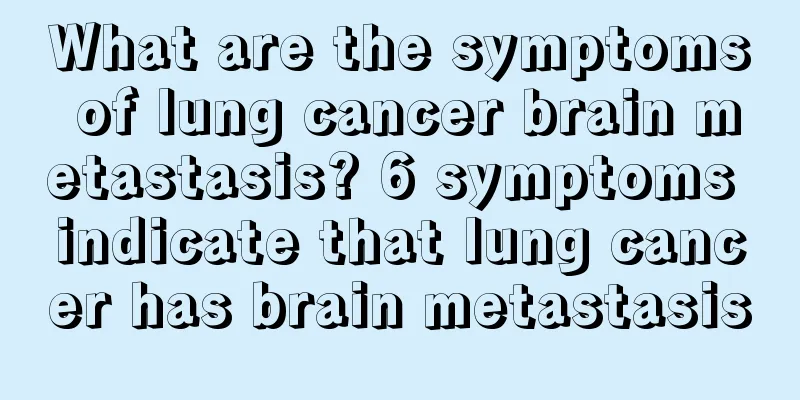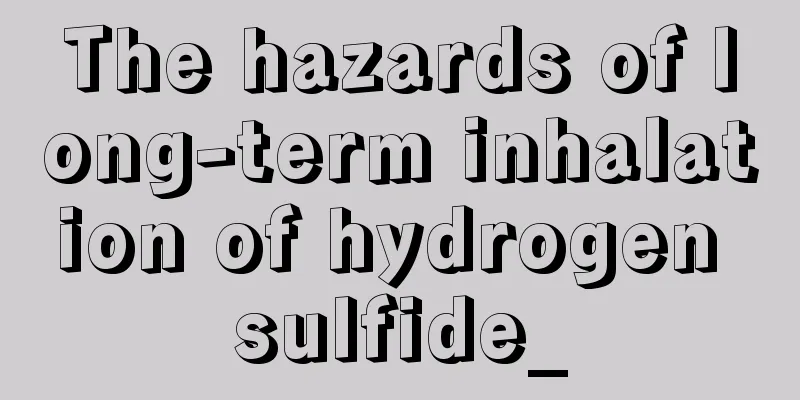I lie down with my heart pounding and I can't sleep

|
A normal person's heart rate should be within a normal range, but some people sometimes feel their heart pounding. There are many reasons that cause your heart to pound, which may be physiological or pathological. Different people's hearts start beating at different times. Some people's hearts start beating as soon as they lie down, making it difficult for them to fall asleep. So what is the cause of this situation? An adult's heart rate exceeding 100 beats per minute is called tachycardia (generally referring to sinus rhythm). There are many causes of tachycardia. In addition to physiological factors, common pathological factors are: (1) Cardiovascular factors: such as active myocarditis, heart failure, etc., can compensate and cause an increase in heart rate. Rapid arrhythmias caused by various heart diseases, such as paroxysmal tachycardia, atrial fibrillation, etc.; (2) Mental factors: such as cardiovascular dysfunction and sympathetic nerve overexcitation, such as patients with β-receptor hypersensitivity, often show tachycardia, accompanied by symptoms such as inattention, shortness of breath after exercise, and cold palms. Tachycardia in menopausal syndrome is also the result of autonomic nervous system dysfunction; (3) Hyperthyroidism: Due to the increase in basal metabolic rate and hyperfunction of the sympathetic nervous system, the heart rate increases, and sometimes premature beats or atrial fibrillation may occur. The patient may also sweat a lot and feel cold or hot; (2) Anemia: Anemia due to various reasons can cause accelerated circulation and compensatory heart rate. (3) Fever, infection, increased metabolism, which can increase the heart rate; wasting diseases such as tuberculosis and tumors can also increase the heart rate; (4) Hypoglycemia: 70% of cases are functional and often recur. Hypoglycemia can reflexively cause excessive secretion of adrenaline, resulting in tachycardia, palpitations, sweating, weakness, anxiety, etc. (5) Pheochromocytoma: It is a tumor of the adrenal cortex that secretes excessive adrenaline, causing paroxysmal palpitations, sweating, cold limbs, tachycardia, and high blood pressure. (8) Drug factors: such as after treatment with drugs such as atropine, epinephrine, and isoproterenol. When the human body is stimulated by cold, it can reflexively cause blood vessels to constrict and the heart rate to accelerate. Supraventricular tachycardia can also be induced by cold factors. |
<<: Is it good for the lumbar spine to lie flat often?
>>: What to do if you can't sleep in a different place
Recommend
How to treat liver metastasis of intestinal tumor
The long-term efficacy of surgical resection of l...
How many years does it usually take for pancreatic cancer to develop?
The time it takes for pancreatic cancer to develo...
How to get rid of flies in the house
How to remove flies in the house? In addition to ...
What anti-inflammatory medicine should I take for knee effusion
Knee effusion generally refers to knee synovitis,...
The efficacy of milky cod liver oil
We all know that cod liver oil is extremely benef...
What are the common symptoms of kidney cancer?
There are many causes of kidney cancer in our liv...
What to do if the throat is scalded
Throat burns are very common. Most throat burns a...
A series of causes of nasopharyngeal cancer
Nasopharyngeal carcinoma is a tumor that occurs i...
Is hair loss due to kidney yang deficiency or yin deficiency
Every autumn, many people find that they are losi...
Hemangioma sclerosing agent
Blood flows in people's blood vessels, but if...
What are the techniques for dyeing your own hair
Some friends like to dye their hair once, so you ...
In life, we should always prevent the occurrence of brain cancer
Once someone gets brain cancer, their life may be...
What can I drink in water to remove moisture?
The current weather will make people's bodies...
How long can you live without bladder cancer spreading
Bladder cancer is one of the most common tumors i...
Is it okay to drink milk during confinement?
During the confinement period, there will be vari...









